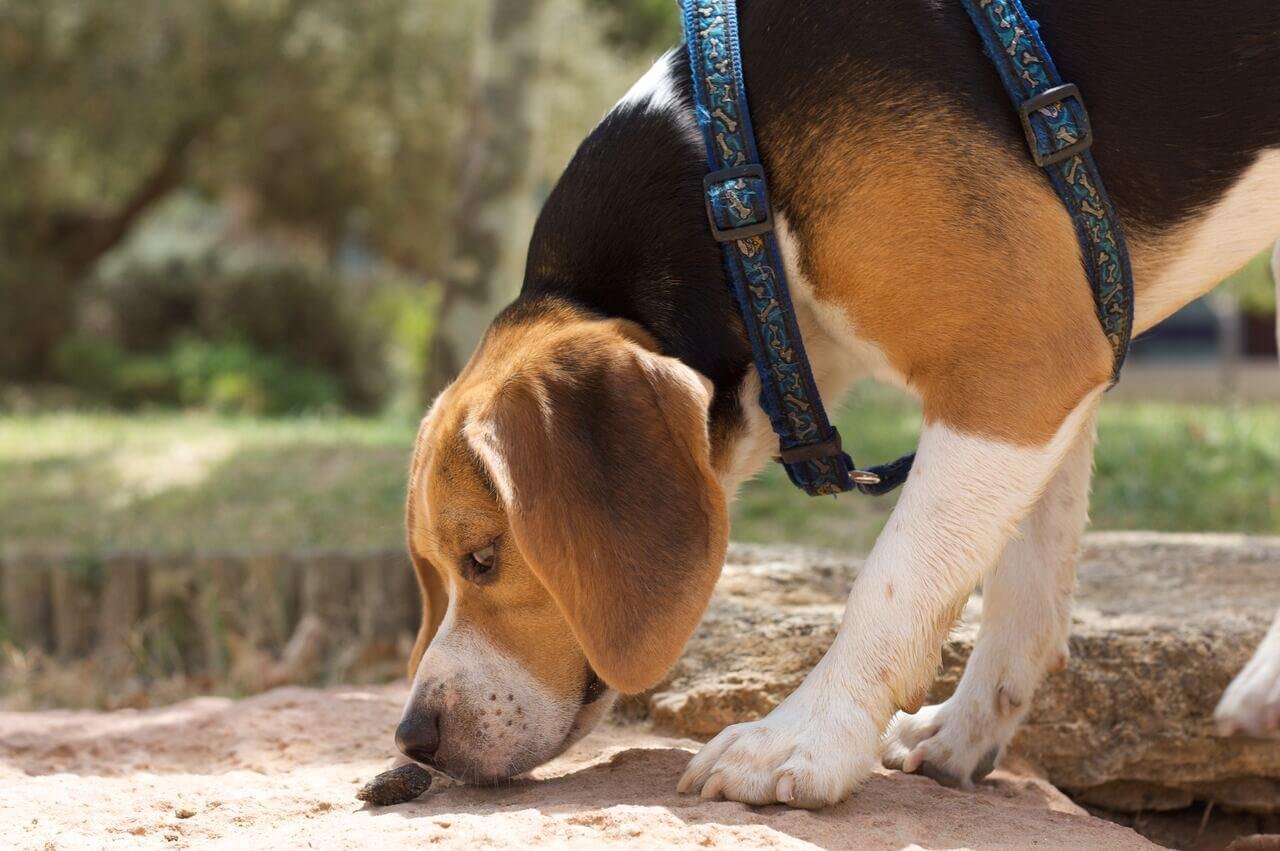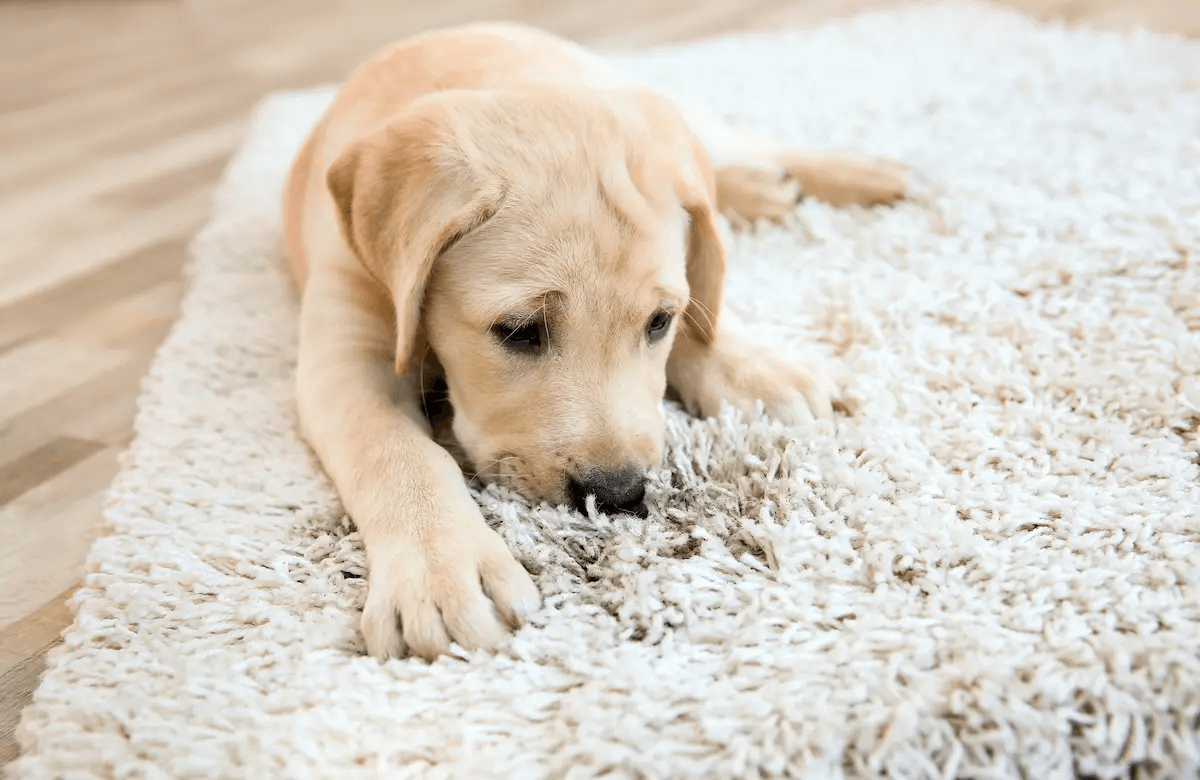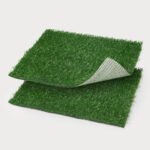Every dog parent knows that living with a dog can get pretty smelly from time to time. But at what point does an scent become something to worry approximately? Please find out more about what’s causing those stinky odors and what to do about them below! What Causes Dog Odors? If you’re smelling something that isn’t normal for your dog, it may be time to take a closer sniff. The most common sources of smelly dog breath include dehydrated skin, the result of a diet lacking moisture or too high in protein; bacteria and yeast infections; how long your pet has been outside without protection from the sun; or when your pup has an underlying medical condition like kidney failure or diabetes. For example, you might notice a smell if he’s sick with diarrhea and vomiting. How am i able to do away with canine Odors? If you see an odor coming from your dog, remove him from the area immediately. Place him in a safe spot away from any potential sources of bacteria. If he continues to smell and is not responding to his usual regimen as prescribed by your vet, schedule an appointment with them—there may be a medical issue that needs attention! Spot-treat any visible problem areas with hydrogen peroxide and baking soda (1 part peroxide: 2 parts baking soda). Apply several times a day or as directed by your vet at home. For example, if your dog has wet himself outside before coming inside, mix 1 part peroxide with two parts baking soda and gently rub the mixture onto the area. Do not use this remedy on a wound or an open sore. Can you get rid of dog odors? | Yahoo AnswersIf you notice a smell coming from your dog, remove him from the area immediately. Place him in a safe spot away from any potential sources of bacteria. If he continues to smell and is not responding to his usual regimen as prescribed by your vet, schedule an appointment with them—there may be a medical issue that needs attention! Spot-treat any visible problem areas with hydrogen peroxide and a cotton ball. If necessary, apply the hydrogen peroxide directly to the skin with a cotton ball, or wrap a bandage around the area to prevent contact with sebum and bacteria.

Yeast
Is that a bag of Fritos you’re smelling? If your pup’s paws smell strangely like a particular brand of corn chips, your doggo may have a case of Frito paws. No, your furball hasn’t torn into a bag of chips; they’re dealing with an odor caused by naturally occurring bacteria and yeast. Slight cases aren’t unusual, however if the scent turns into overbearing no matter cleaning and bathing, their paws might also require greater interest – particularly if you word your canine overgrooming their paws or they exhibit signs of pain when their feet are being handled. If the vet prescribes antibiotics, keep wee pads handy in case increased bowel movements are a side effect. Sniffing toes and licking them Offit’s a known fact that dogs enjoy licking their own feet, but what about the rest of their body? In other words, do your pooch lick its stomach or nose? If your fur baby is licking their feet and removing slivers of skin from around them, they may just be feeling neglected. Letting them know they’re loved by giving them attention, affection, and playtime will keep the habit down to a safe level. Squeaky toys when dogs hear a squeaky toy. It’s a game of peek-a-boo for them. They love to pounce on the toy and make all the noise they can muster. Sometimes, however, this gets out of hand as your puppy may be trying to destroy its destructive tendencies through playtime. To keep this from happening, you should use something other than a squeaky toy like a ball or frisbee instead.
Mildew
Some other suspicious scent associated with paw troubles is mildew. While it’s entirely healthy for dogs to groom their paws, mildewy smells from the feet may result from constant moisture caused by overgrooming. Nonstop licking can also cause mild trauma to the skin around the claw that contributes to worsening smells. Identifying what is at the back of the overgrooming can be critical for stopping the conduct. Dogs may lick their feet in response to allergies or lick as a self-soothing activity if they’re experiencing stress or anxiety.
In the meantime, lick mats can provide a much less harmful alternative to meet those licking urges. When your pet’s paws smell bad, it can be difficult to tell what’s causing the smell. The best thing you can do is figure out why your dog is licking his paws so often and stop or reduce the licking. This will help cut down on those paw smells and odors. Suppose your pet happens to be licking his paws often because of environmental factors such as dry skin, allergies, or nutritional imbalances (such as yeast overgrowth in the gut). In that case, you’ll want to try some preventative methods. A vet may recommend topical medication or food changes to prevent underlying causes. But if your dog is licking his paws more than usual because of anxiety or stress, you might try calming treats and activities to help him cope with these triggers. If your dog is still licking his paws excessively, your veterinarian may want to consider a referral to an animal behaviorist. There’s no shortage of treatments that can help your dog feel better and relieve stress and anxiety, including prescription medications and in-home training programs with a certified trainer.

Bad Breath
Plaque and tartar are the maximum common suspects behind terrible breath in dogs. Build-up around the gums harbors odor-causing bacteria that can quickly intensify without proper dental care. If dental care is not part of your fur baby’s usual regimen, bad breath warrants a trip to the vet to determine whether a dental disease is causing the bad breath. At home, bully sticks and sure chunk toys are one manner to sell healthful gums and enamel further to ordinary brushing. PooieNope, there is no such word. If a dog is soiling outside of their litter box, the issue is usually dominance or stress. It could be that they need more space to play or are too excited to get their daily relief. If your dog is soiling in the house and you don’t have time for a potty break, invest in a crate or a separate bathroom for your pet. The following are the definitive signs that your dog is trying to tell you something about their health or problems in their life. Bruxism is the technical term for grinding teeth, which may be seen as gnashing of teeth during sleep and wakefulness, usually accompanied by a cold sore on the lip called an aphthous ulcer. Ear mites and infection may cause provoked seizures with Eustrongylus tenella (commonly known as rat lungworm). This single-celled parasite’s eggs are ingested by the larvae of certain rats, snails, and slugs. Infection is primarily acquired by eating raw foods contaminated with rat feces containing the parasite eggs. The causes of sleep bruxism are unclear, though it has been associated with stress and anxiety. Sleep bruxism has also been seen in people with teeth grinding caused by conditions such as temporomandibular joint dysfunction, onychophagia, dry mouth, and dentures. It is thought to be due to an involuntary muscle contraction involving the masseter muscle (the big jaw muscle) that initiates teeth grinding during sleep. The expression “sleep bruxism” was first used in 2006. The condition had been recognized for years before that, but the term was not widely used until a study showed that it is a significant cause of dental injury in children. Sleep bruxism can occur while grinding, clenching, or chewing and may lead to tooth damage or pain. While most sleep bruxism episodes are harmless and do not cause permanent damage, some individuals may experience chronic pain or infection. Sleep bruxism disrupts sleep and can increase the risk of insomnia by interrupting deep, restorative REM sleep.
Stinky Farts
A stinky fart here and there isn’t anything to be alarmed about, but consistently terrible odors may point to tummy troubles. It’s only natural to let one out now and then, but if there are other chronic symptoms such as diarrhea, constipation, or bloating, a vet trip might be to rule out IBS and parasites.
A temporary case of indigestion might be helped by treats that contain ingredients such as pumpkin and ginger, which encourage proper digestive functioning. In addition, a pee pad like DoggieLawn can help dog parents keep track of irregular bowel movements. An indoor dog bathroom is convenient for you and your fur baby as potty habits go through ups and downs! A behavior change there are many reasons dogs might change their behavior, such as a new human companion coming home or moving to a new area. It is essential to keep an eye on your pup, especially if they have experienced any changes in their routine. Some common behavioral changes include:
1) Withdrawal from social interactions – Dogs might avoid other animals and people due to fear that they may experience adverse reactions like being scolded or hit by a stranger. They may also withdraw from social interactions when they believe the caregiver is absent and will not return soon enough.
2) Excessive barking – There is a common misconception that excessive barking signifies happiness.
3) Drooling/goo-goo eyes/excessive panting – These are signs that your dog’s airway is being restricted and might be experiencing stress.
4) Separation anxiety – This can cause frequent vocalizing, destruction, and urination when the dog becomes fearful or anxious about being alone. It may be challenging to spot behavioral changes in your dog without asking for help from someone else.
If you are concerned about any change in your pup’s behavior, seek the advice of a professional trainer before your puppy becomes destructive and excessive in vocalizing, urinating, or scratching when left alone. Dogs with separation anxiety may also exhibit other problems, such as: Trying to be near the owner even when it is inappropriate. The dog may follow you everywhere and only allow you to leave home with it. It will also start barking if you try to go without the dog. Pulling on its leash when walking outside, excessive vocalizingDestruction of things around them (destroying things in their home), Urination habits (wild, inappropriate places like the house), Inappropriate sexual behavior (mounting other animals, including humans). How do I discourage my dog from excessive barking? The easiest way to stop a dog from barking too much is to give them a proper outlet for its energy while barking. You may remove outlets, such as turning on the TV or radio and leave them on during their downtime periods.



